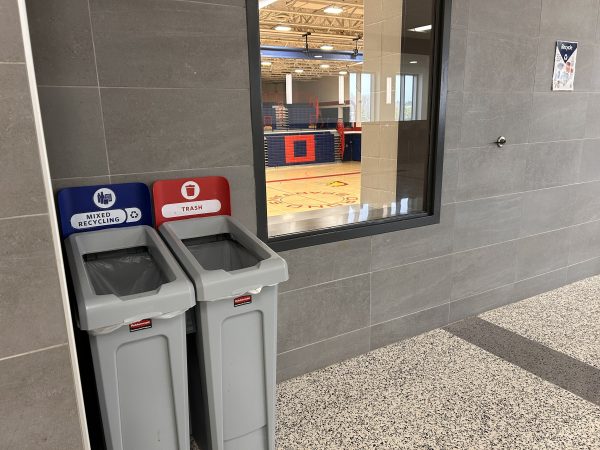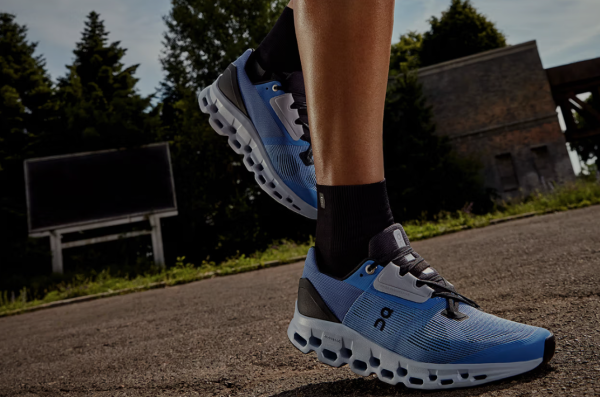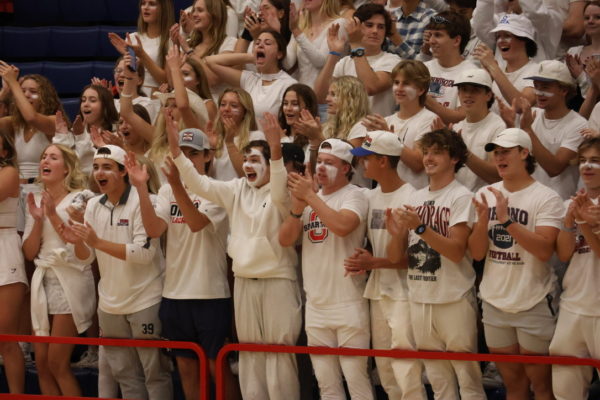Underage drinking, gone too far?
March 17, 2014
Every year students leave the blustery Minnesota winters traveling to warmer climates for their spring break trips. Many times, students travel to countries such as Mexico, the Bahamas or even aboard cruises that make several stops. Along with the warmer weather in these countries, comes the decision of whether or not to underage drink on vacation.
In other countries the drinking age is typically around the age of 18 and alcohol is much easier to obtain. Although a person is technically of legal age at 18, is it really ethical and does it abide by the standards of the activities a student participates in if an individual drinks alcohol in a country where the legal drinking age is 18, however he or she is under the age of 21, the legal drinking age in the U.S?
The Minnesota State High School League (MSHSL) bylaws on Student Eligibility state that a student shall not at any time, regardless of the quantity: use or consume, have in possession a beverage containing alcohol.
To be eligible for any MSHSL sanctioned team or activity, each student signs his or her name to the MSHSL contract stating that he or she will not use or consume any alcoholic beverage during his or her sports or activity season.
Other clubs also have contracts that state that any member caught with an alcohol violation is subject to losing his or her membership.
For instance, the National Honor Society contract states that a member who is caught with either alcohol consumption or alcohol possession must complete an additional 12 hours of community service.
Many sports teams also have specific team contracts created by the coach. Some of the teams have rules about losing captainship and losing playing time if caught drinking.
The Orono girls soccer policy, for example, states that if any player is caught with an alcohol violation, she must work to regain her original playing status and she is no longer eligible for postseason awards. If a captain violates this policy, she will no longer be a captain.
In addition to sports and club consequences, students should also consider the health risks associated with drinking. Each year 5,000 people under the age of 21 die from alcohol-related injuries involving underage drinking.
According to the Mayo Clinic, students who drink also typically have behavioral issues and academic problems. This can affect students’ chances of getting into college and having a successful future.
Ultimately, the choice is up to the parents and the student. It is very important that students and parents are educated on every part of the activity a student is participating in. Keep in mind the consequences that drinking can have. Make sure to take the proper precautions for one’s health and for the health of others.
It is important for students to remember the commitments they have made to clubs and sports teams. Just because it is easily accessible and “everyone” is doing it, doesn’t make underage drinking right.










